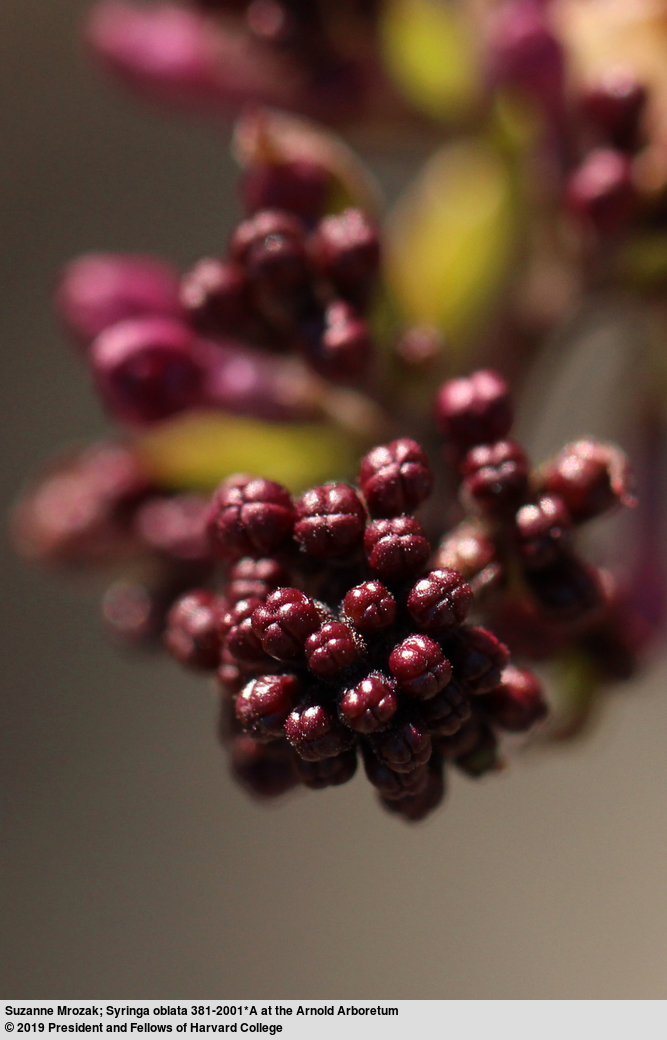Early
Early I descend the stairs like a child’s newly-acquired marionette
No part in predictable relation to the others
In the kitchen on the top shelf is a cardboard bankers box
Full of boiling water
Good
The lilac’s leaves all withered but for months it has had a hundred green little buds, firm little pregnancies at the tip of each branch
I am watching them daily to gauge their intentions
I think you should find it surprising that given the time we spend on our feet, it’s so difficult to learn to stand on our hands
How the ground presses up
The cement is compromised, full of hope and sand
I tell the children it’s a bunker due to the bunk beds
They want to show the beds to visitors but instead
we teach them moral rectitude, screaming,
subsisting on sugar and edible species of fungus
Their teeth sink into cake like
gravity sinks into the snow laying thick on the mountainside
The mutinous avalanche turns the trees upside down
but the trees are prepared
Their roots and branches mirrored in all relevant respects
Jessica Fjeld is the author of Redwork (2018) and the chapbooks The Tide (2010) and On animate life (2006), for which she received the Poetry Society of America’s Chapbook Fellowship. Also an attorney and academic, Fjeld is the Assistant Director of the Harvard Law School Cyberlaw Clinic at the Berkman Klein Center for Internet & Society, where she focuses on supporting the work of creatives, archivists, and human rights defenders as that work intersects with emerging technology. She lives with her family in Somerville, MA.
